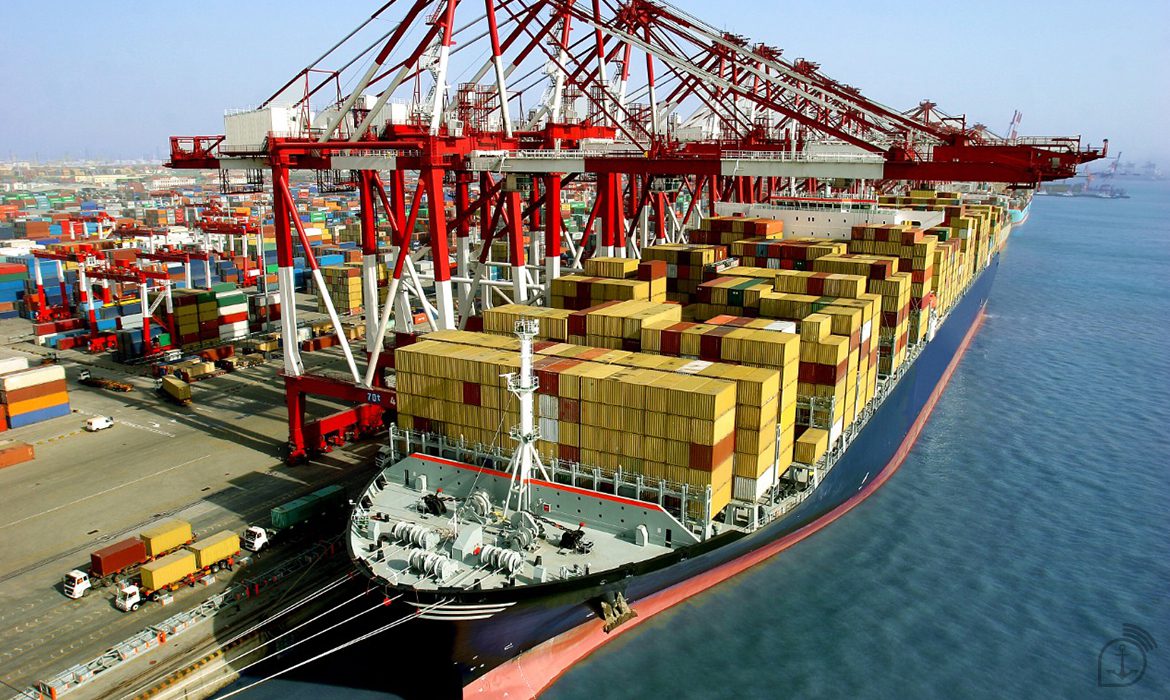Seminar highlighted the economic aspect of the Blue Amazon
By Captain-Lieutenant (RM2-T) Luciano Franklin de Carvalho and First-Lieutenant (RM2-T) Tássia Camila Navarro dos Santos – Brasília, DF
The challenges for the development and opportunities of the Blue Economy were widely discussed on November 17th and 18th. In celebration of the Blue Amazon Day, celebrated on November 16th, the Naval Technological Cluster of Rio de Janeiro and the Federation of Industries of the State of Rio de Janeiro (FIRJAN) promoted the international seminar “Blue Economy: Development, Challenges and Opportunities”.
After all, what is the Blue Economy and what is its importance for the country? The vision of the Brazilian Navy (MB) about the relevance of the Blue Economy for the development of the country and the challenges and opportunities of the sector were highlighted in the opening of the event by the Commander of the Navy, Admiral of Fleet Almir Garnier Santos. “We live in a moment where the world’s attention is turned to the sea. The annual participation of the economic activity related to the oceans at the global level should reach US$ 3 trillion by 2030. The growing concern of the international markets with sustainability issues makes a Blue Economy flourish that promises to bring many opportunities for countries like ours”, he highlighted.
The Blue Amazon – where the Blue Economy activities are developed – is an area of approximately 5.7 million km². According to data from the Interministerial Commission for the Resources of the Sea (CIRM), it is estimated that the sea generates R$ 2 trillion per year for Brazil, which represents 19% of the GDP. The calculation takes into account the production of oil and gas, defense, the 235 Brazilian ports, maritime transport, the naval industry, the extraction of minerals, in addition to oil, tourism, fishing, popular festivals linked to the sea, and marine cuisine.
International Seminar “Blue Economy: Development, Challenges and Opportunities
The event was held online and broadcasted, live, through FIRJAN’s channel on YouTube. Topics such as Blue Economy – participation in National Development; Marine Spatial Planning – Sustainable Development Alternatives; Professional Training, Realities, and Challenges; Legal System, Regulatory Challenges, and Impacts on Brazil’s Logistics Capacity; International Challenges and Perspectives; Opportunities and Logistics Capacity in Brazil; and National and State Challenges and New Businesses were debated.
Participants included important names from the Maritime Community in Brazil and abroad; members of the Federal, State, and Municipal Executive, Legislative, and Judiciary branches; members of Regulatory Agencies; federations of industry, commerce, and agribusiness; companies; and the academic community.
Sea and War Captain André Beirão, from the Maritime Policies Observatory of the Naval War College (EGN), was the mediator of the panel “Marine Spatial Planning: Sustainable Development Alternatives”, on the first day of the event, Thursday (17). “Facing a space where the debates were aimed at talking about all the implications of how much, how, where, and what can be done at sea, we saw several examples of actions that are already being done. We also saw the importance of planning. This maritime mentality is underlying in Brazilians. Unfortunately, it is still a reality for only a few. When we think about traveling at the turn of the year, we think about going to the beach. Therefore, the importance of the national maritime heritage needs to be spread”, he explained.
Professor Thauan Santos, from EGN’s Economy of the Sea Group, during the seminar’s closing table, on Friday (18), also highlighted the importance of keeping the discourse about the Blue Economy alive and permanent. “It is essential that we start the month of December and 2023 in light of these discussions. The Blue Economy in Brazil has gained a great relevance with the Naval Technological Cluster of Rio de Janeiro, because it effectively moved silent actors in the region and managed to stimulate a collective, participative, and growing dialogue. We need to understand that talking about the economy of the sea in Brazil requires a complex perspective. But Brazil has made very important efforts, we are moving and rushing to develop an agenda that has been on the global agenda for many years,” he said.
After two days of debates, with the participation of relevant names from the country and abroad, the seminar achieved its main objective: to promote a wide discussion about the development and opportunities of the Blue Economy, a theme of great importance for the Brazilian society.
*** Translated by the DEFCONPress FYI Team ***
